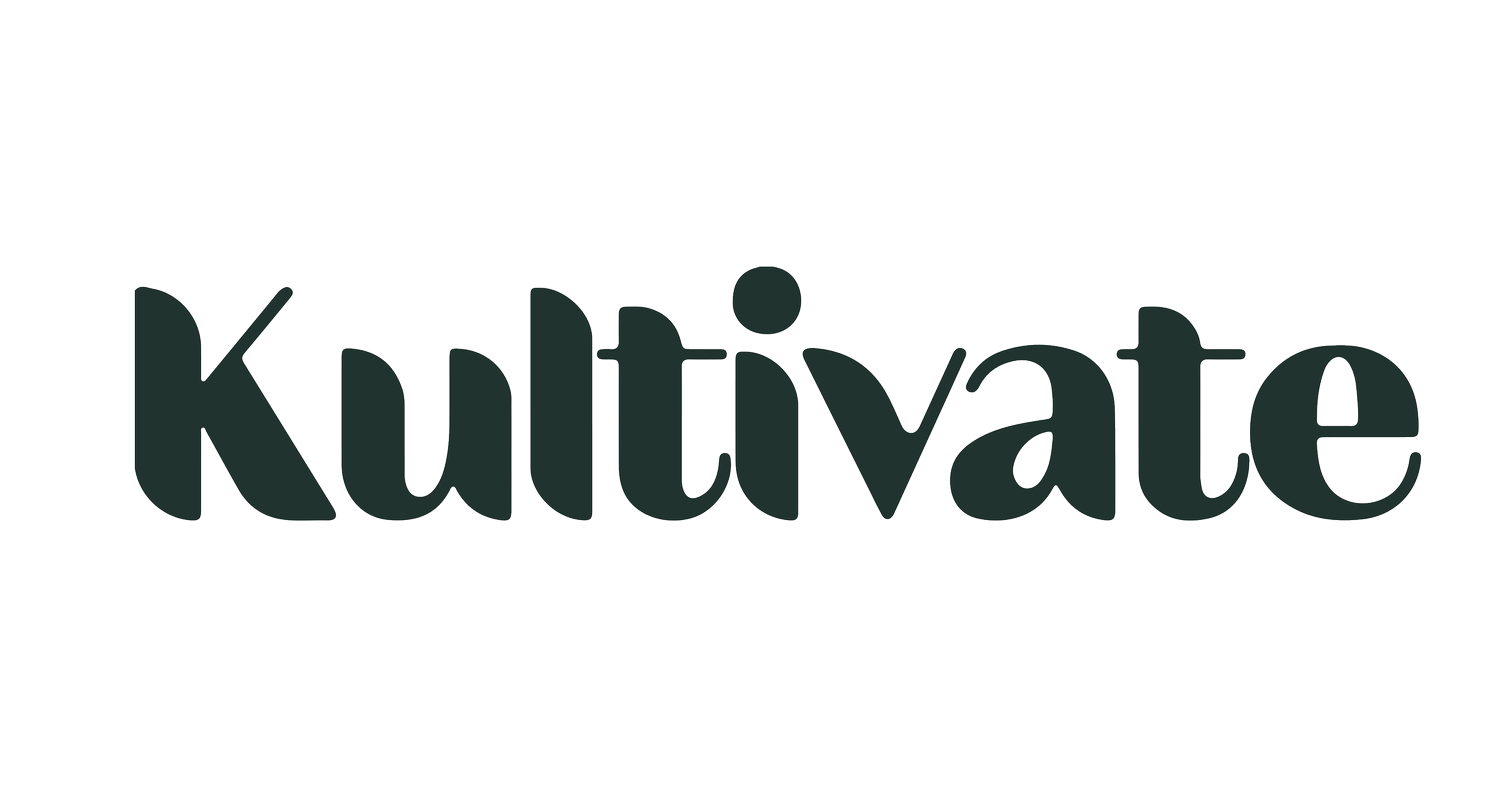Give back without spending a cent
Liel Bridgford [4 min read]
Many people ask me how they can make a difference to the lives of disabled people. Becoming a better ally to the disability community is something anyone can do. It doesn’t take a huge investment of time, money or effort. You can give back by carrying some of the weight of an ableist society – through educating yourself, making mindful choices and educating others.
We live in a society filled with ableism, which is the discrimination and marginalisation of people based on oppressive systems that abnormalises bodies and minds. In other words, ableism in the unjust discrimination and prejudice against disabled people. Ableism is universal, although it has distinct charachteristics in differing parts of the world, different classes, races and genders.
In order to dismantle ableism, we need to do active, deliberate work, which is often called advocacy. Doing this work comes with a burden, which is heavy. Most disability and justice advocates are disabled people themselves, although I believe that we are all responsible for carrying the burden of an ableist society, and to dismantle ableist systems and ideas. It is our human responsibility to take care of each other and make sure everyone can not only survive, but thrive in our communities.
To help carry this burden, here are a few things you can try to help disabled people in your community:
Educate yourself from disabled people themselves - about what it means to live with a disability, what kind of barriers we face every day – in attitudes, physical spaces, the medical system, in our social groups. You can do this through reading own voices books, blogs, articles, essays and social media content. Listen to music written and performed by disabled musicians. Watch movies and series written and/or produced by disabled people. Listen to a podcast hosted by disabled people. Search for disability stories wherever you get entertained.
Think of disability as the common, normal experience that it is. Commit to thinking from this lens when you interact with people.
Call out ableism - Think of access when you visit public places. Consider asking about accessibility before your visit any venue – and put your money into accessible venues. Ask yourself how accessible is your favorite coffee shop or your workplace, and speak up when you notice inaccessibility. You can do this by speaking with management of businesses, writing to your local government representative, or making a complaint.
Learn about and talk to family and friends about ableist slurs - notice when you use ableist slurs, and research alternatives to use.
Make your social media posts accessible – start with an image descriptions for your pics, captions for your video, and high colour contrasts for your text.
Check in with your disabled friends - ask about how they’re doing, and if you have capacity, ask about how you can help carry some of their burden. For example, you can offer to check if a venue is accessible before meeting, or do some research about support options they are seeking.
